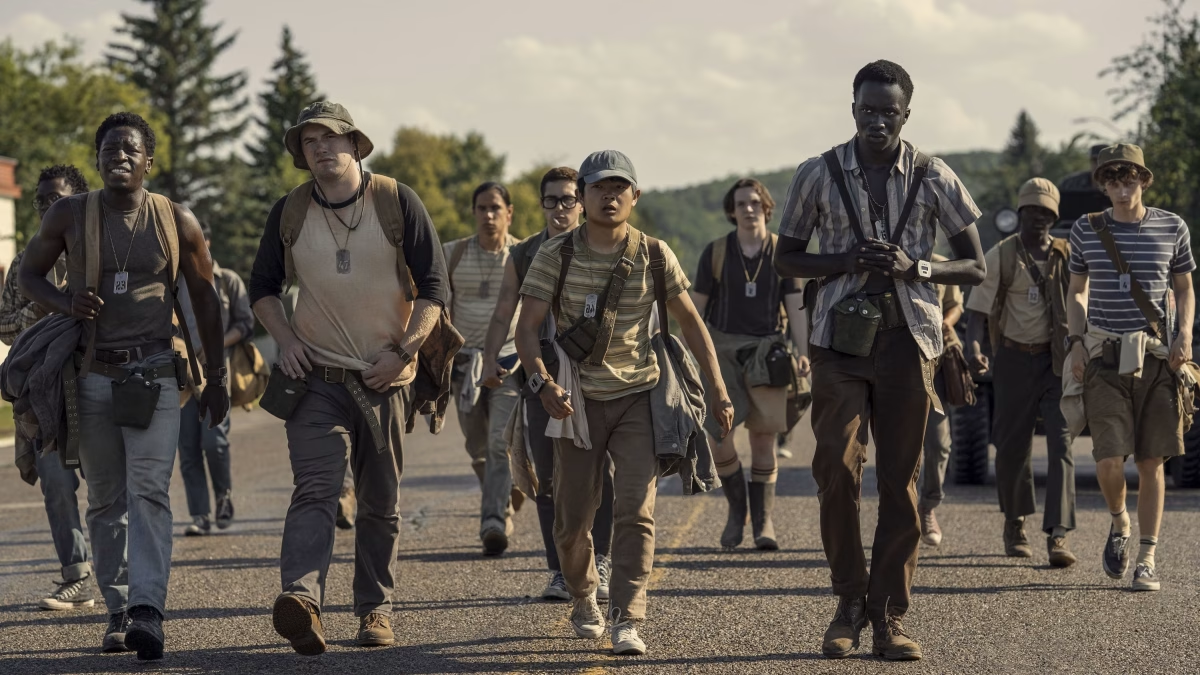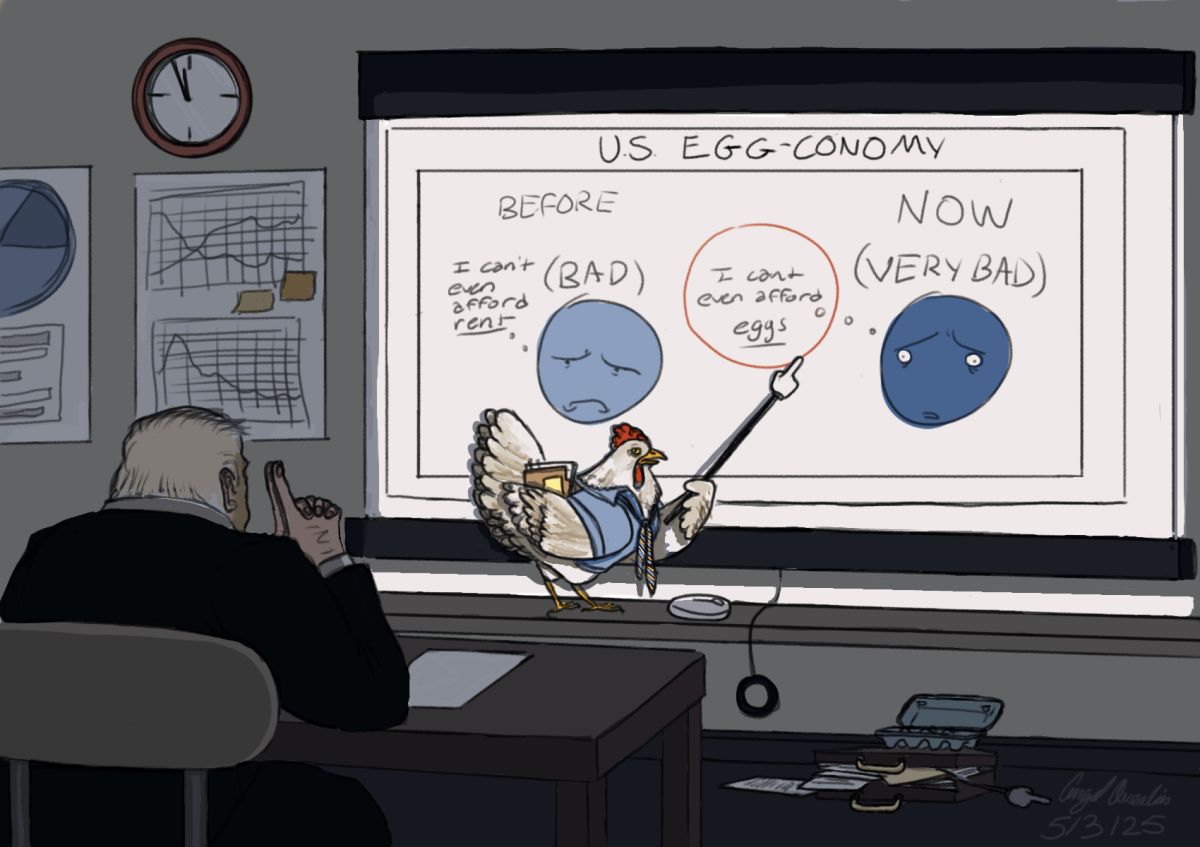Three CLC students recently said they each have a personal favorite movie, revealing a surprisingly wide range of tastes.
on Oct. 31 and Nov. 5 the three students from the Grayslake campus were asked to share their top choice of movies
CLC student, Aviva Graham’s all-time favorite movie is “Fight Club,” which was adapted by David Fincher from Chuck Palahniuk’s novel by the same name.
“It’s revolutionary, it’s raw, and it’s real,” Graham said.
“Fight Club” overflows with social commentary. Graham said she likes how “Fight Club” criticizes the overconsumption of goods, which is conveyed through a satirical depiction of a society in which people base their self-worth on what they own.
“This movie will change your perspective on consumerism and society,” she said. “It will open your mind.”
“Fight Club” stars Edward Norton and Brad Pitt. Graham said the characters feel real, due to their well-developed backstories, traumas, and character quirks. For example, one of the characters attends therapy for cancer survivors even though she’s never had cancer.
Graham likes the iconic and memorable way that the movie ends because it builds to a thrilling climax that both shocks and confuses viewers.
“I won’t spoil it, but it’s a painful watch,” she said.
CLC student Bre Lagunes favors a different movie with greater emotional attributes.
From romance to psychological horror, Lagunes enjoys watching movies across a variety of genres. Still, her favorite movie is a South Korean drama titled “Miracle in Cell No. 7.”
Lagunes said international films are important to watch because they can bring awareness to cultural differences. “Miracle in Cell No.7” sheds light on the perception differences of neurodiversity in international countries compared to the United States.
“In the United States people do get judged for being neurodivergent,” Lagunes said. “I’m a part of that community. But I do think it’s gotten better throughout the years.”
In contrast to the progress the United States is making in this area, “Miracle in Cell No. 7,” set in South Korea, portrays a misunderstood single father who is neurodivergent and imprisoned for a crime he didn’t commit.
“The dad in the movie has autism, and his actions were misinterpreted,” she said. “A lot of things in the world can be misinterpreted.”
Lagunes said this movie can shed light on what it is like to live as somebody who is neurodivergent.
“Especially for a neurotypical person, this movie could bring a different view of the struggles of being neurodivergent and not being accepted as a parent and as a human,” Lagunes said.
On a lighter side, Pavel Weitgenant’s favorite movie is “Knives Out,” a lively “whodunnit” murder mystery that is well-known for its surprising plot twists and thrilling storyline.
“Knives Out” caught Weitgenant off guard because he had previously seen the actor who played the murderer in movies where they were “the good guy.” He said this casting added to the element of surprise when the identity of the murderer was revealed.
“I would have never guessed who the murderer was,” Weitgenant said. “I tried to figure the mystery out myself, and I couldn’t.”
Weitgenant has always liked true crime and mystery movies like “Knives Out,” but it was the tragic death of George Floyd in October 2020 that made him decide to major in criminology.
“There are a lot of bad cops in the world, and I want to show people that there can be good ones too,” he said.
Weitgenant takes inspiration from the way the detective in “Knives Out,” played by Daniel Craig, expertly handled the case.
“I find it interesting how he stays so calm while working to solve the crime,” he said.







